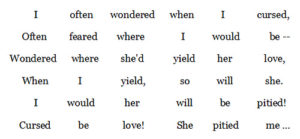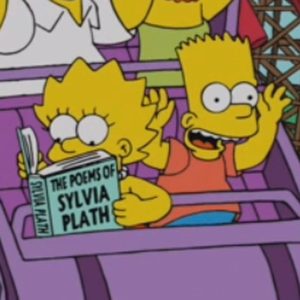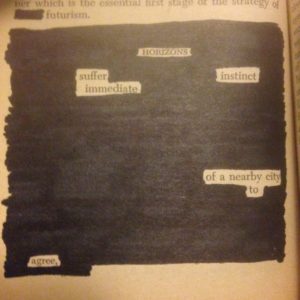So Gabi’s post about Google Poetics made me think about found poetry. Found poetry has always been a bit of an enigma to me. Is it lines found and arranged? How much is taken, rearranged, omitted? How much belongs to the poet, how much is sourced out?
It reminds me of blackout and whiteout poetry, but with a touch more set structure. From my own understanding, found poetry can be inspired from a line or two, and generated from a quote surrounding it, such as Carey McHugh’s owl poems. So, here are a few lines/etc from anthropology texts for inspiration:
The Witness Was a Maggot
The Dirty Dozen
The Pathologist’s Garden
Perfecting The Postmortem Clock
Incisor crowns are flat and crown-like
Nonhuman animal
Gross Anatomy of Bones
Surgical Neck
Feel free to use any of these as a jumping off point



